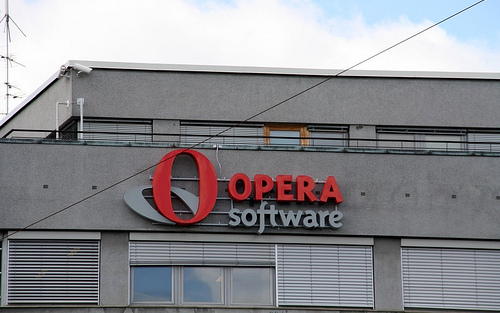Net neutrality is the idea of equality for internet data. That internet service providers should provide channels through which internet data passes, without interfering with what passes through them. Net neutrality is the definition of an open internet and it is what preserves the freedom of the end-user.
Savetheinternet.com explains that “without net neutrality, cable and phone companies could carve the Internet into fast and slow lanes. An ISP could slow down its competitors’ content or block political opinions it disagreed with. ISPs could charge extra fees to the few content companies that could afford to pay for preferential treatment — relegating everyone else to a slower tier of service. This would destroy the open Internet.”
Net neutrality is what prevents, say Spectranet, from intentionally reducing the quality of the internet services it provides to a certain area or region because the people in that area hold differing political views or ideologies from Spectranet as a company. Net neutrality is the idea that keeps such ISPs in check even when they are tempted to misbehave.
To give proper context to the idea, let’s look at the news of Facebook’s partnership with Airtel to expand Internet.org in Africa. On Tuesday, Facebook announced a partnership with the Telco company to bring its Free Basics app to 17 countries in Africa by March 2016. The app will provide access to free services like Wikipedia and Facebook. People will be able to use those services without data charges. Facebook did something similar in India and it attracted criticism. Such a move, the critics said, was in violation of net neutrality.
Another example of a situation where net neutrality has been raised is T-Mobile’s decision to stop counting data usage against Netflix, HBO and other video streaming services. This is a grey area because it means that mobile phones users streaming video on other carriers (such as Verizon and AT&T) still have their data usage counted. Even though the offer from T-Mobile to the video streaming services is optional and by free entry, it still weighs against the other carriers in the regions T-Mobile is operating, who don’t provide such an incentive yet.
For sometime, there has been a debate weighing the pros and cons of net neutrality. Those for it say that “has been a core democratizing principle of the Internet since the day it was born. Internet service should be like phone service: the phone company can’t make the connection worse if they don’t approve of the person you’re calling.”
On the other hand, those who oppose it say things like “Consider the BitTorrent crowd, which uses our lines to download insane exabytes of software, movies and music—illegally. Or how about Google and Skype? They’ve created services that let people make phone calls—for free—on networks that we spent billions to build. Why shouldn’t all those services pay their share?”
Both sides of the argument have their strong points (which include many others). The summary is that net neutrality walks the line of promoting freedom of speech but at the same time weighs heavily on the infrastructure of the ISPs while the freedom it promotes is a pain to some government bodies around the world.
Photo Credit: Marc Treble via Compfight cc





















